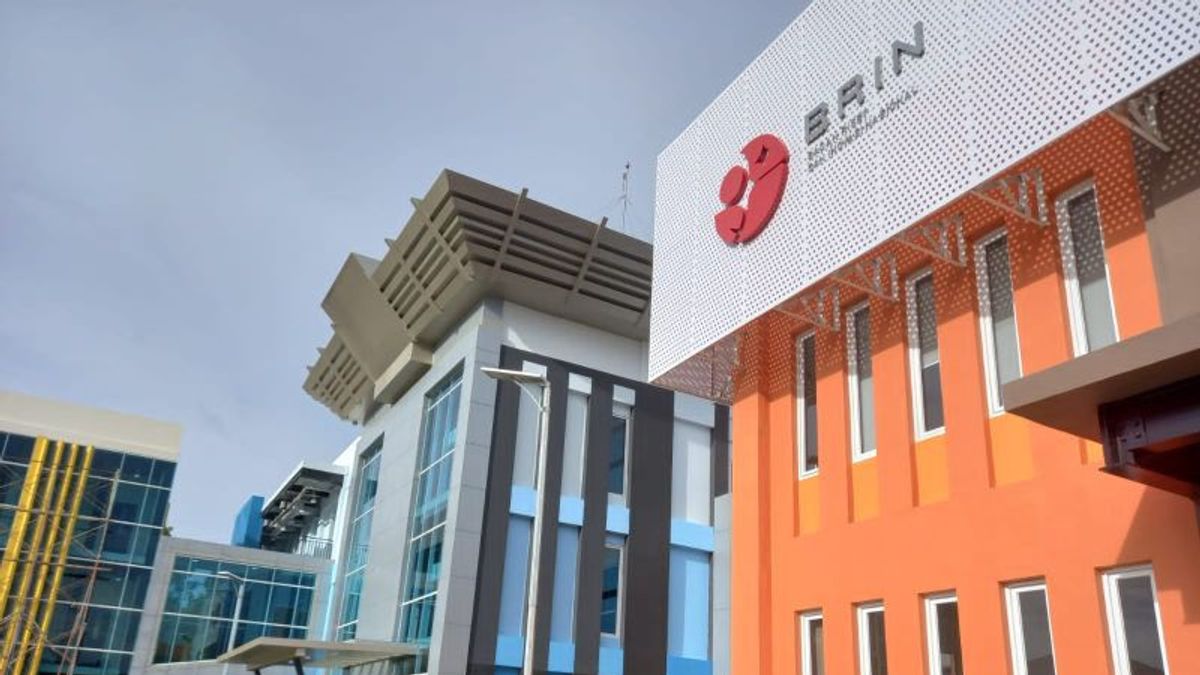JAKARTA - A new halal food product research facility was built in Playen District, Gunung Kidul, Yogyakarta Special Region (DIY). The facility belongs to the National Research and Innovation Agency (BRIN).
Head of BRIN Laksana Tri Handoko hopes that the facility can become a reference laboratory for halal product research in Indonesia. Until now, he said, BRIN has provided three laboratories with advanced research instruments to encourage this hope.
"The three laboratories are located in Cibinong, Serpong, and Playen," he said in Gunung Kidul, DIY, Friday, April 22.
In addition, he said, BRIN continues to strengthen the capacity of human resources in research and build collaborations for research and innovation of halal products with the Halal Product Assurance Agency, the National Committee for Sharia Economy and Finance, the Food and Drug Supervisory Agency, the Center for Halal Science Studies, Bogor Agricultural University. , and the Institute for Halal Industry and System (IHIS) Universitas Gadjah Mada.
BRIN Acting Deputy for Research and Innovation Utilization Mego Pinandito said that BRIN also supports the establishment of the Indonesian Halal Product Research and Innovation Consortium as part of efforts to make Indonesia a world center for halal products by 2024.
The head of the Center for Food Technology and Process Research, Satriyo Krido Wahono, explained that BRIN's food research facilities and halal food products can be utilized by the public through various schemes.
"This facility contains analytical instruments and several small-scale production equipment that can function as factory sharing facilities for startups and SMEs," said Satriyo.
BRIN's halal food product research facility in Playen includes four buildings, namely a co-working space, an integrated laboratory building, an in-vivo testing building, and a cGMP (current Good Manufacturing Practice) process building.
The research facilities include biomolecular laboratories, microbiology laboratories, and mycology laboratories as well as cGMP facilities for the production and processing of cocoa and coffee, noodle production processes, flour processes, product development laboratories, and sensory laboratories.
The integrated laboratory building also includes laboratories for packaging materials, food stability, food safety, food chemistry, food physics, and food engineering, while the in-vivo testing building is used for product testing on experimental animals such as mice, chickens and cattle.
The English, Chinese, Japanese, Arabic, and French versions are automatically generated by the AI. So there may still be inaccuracies in translating, please always see Indonesian as our main language. (system supported by DigitalSiber.id)








